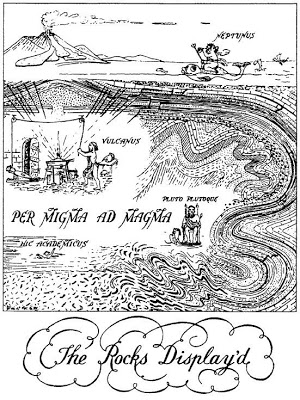Georges Cuvier was a French scientist from the 18th century. Cuvier was responsible for the theory of catastrophism and a new way of organizing life based on comparative anatomy.
Born in Germany in1769, Cuvier attended a strict military academy called Karlsschule in Germany from age 15 to 19. After graduating, he practiced as a tutor until age 26, when the Museum of Natural History in Paris requested that he join their staff. It was at the Museum of Natural History that Cuvier stayed and practiced comparative anatomy.
Cuvier’s work in comparative anatomy broke the paradigm in biology, that life evolved in a continuous lineage from simplest organism to man. Dividing all living organisms into separate categories based on anatomical observation was ground breaking for his time.
However, Cuvier didn’t accept evolution (although his work in the Paris Basin would eventually support the theory from Charles Darwin). Cuvier believed that the anatomy of all living species is so specific and crucial to its functioning that animals could not survive a significant change in their anatomy.
Cuvier was also a paleontologist and worked in the Paris Basin looking at fossil successions. Cuvier recognized breaks in the fossil succession, followed by an abrupt flourishing of life. Cuvier recognized these gaps as mass extinction events and attributed them to brief catastrophic events in earth’s history.
This theory along with neptunism described the earth system as possessing volatile forces that come in and out of existence to shape the earth’s landscape. These theories are in direct opposition with the theories of plutonism and catastrophism that would eventually take favor amongst the scientific community during the beginning of the 19th century.
Image Link:


